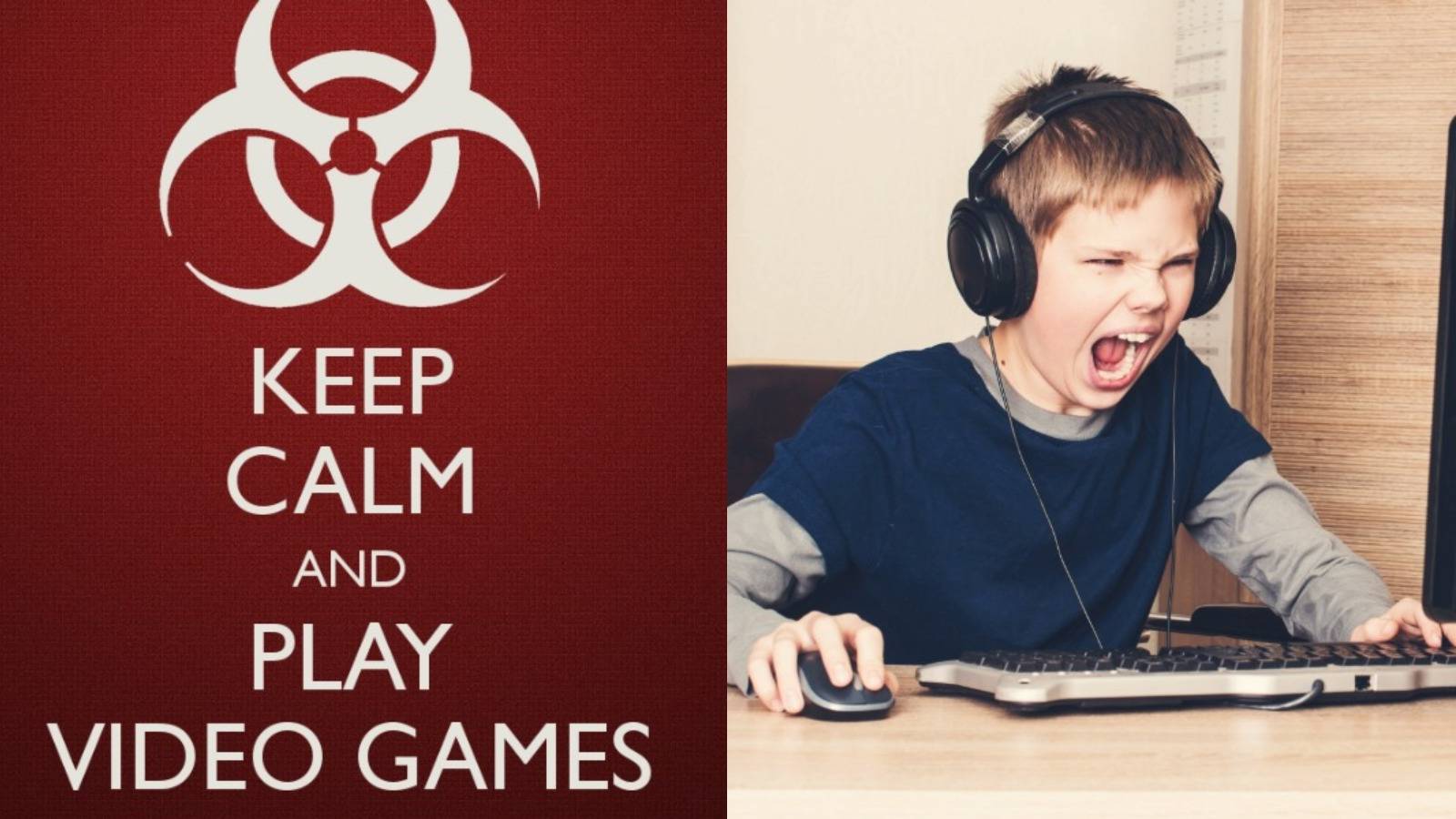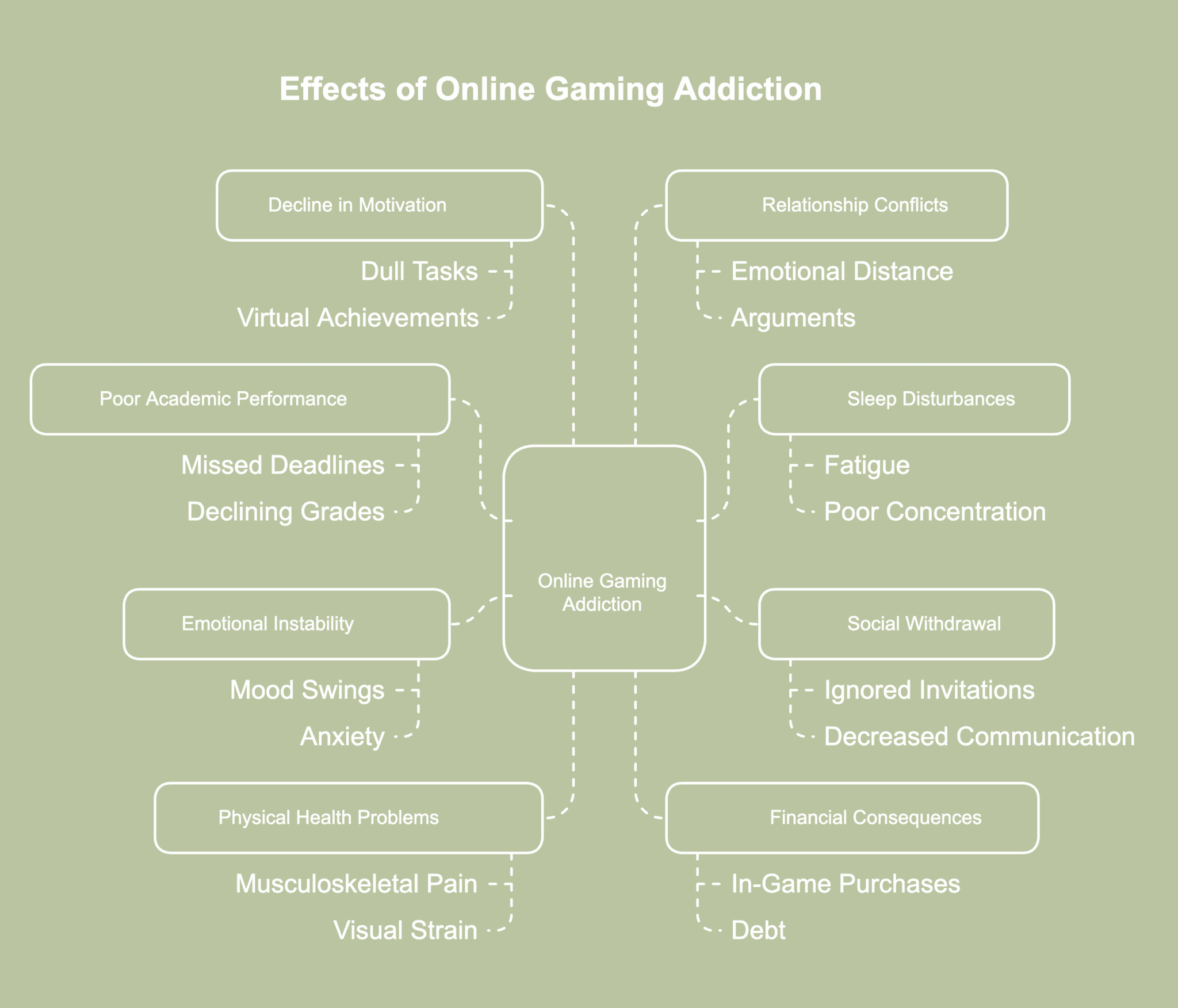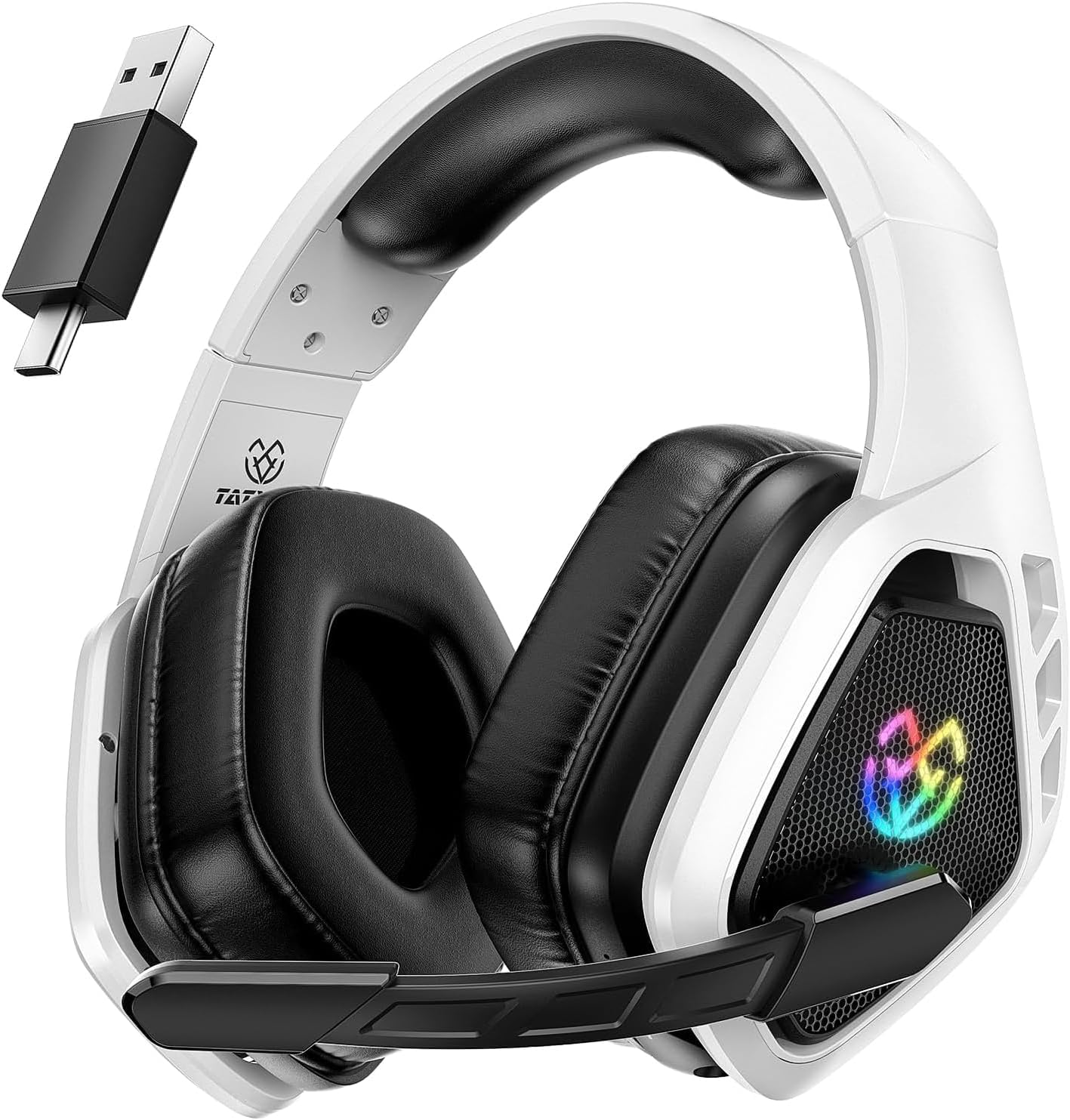Are you worried that gaming might be taking up too much of your time? You’re not alone.
Many people find themselves stuck in long hours of play without even realizing it. But what if you could enjoy gaming without letting it control your life? Learning how to prevent gaming addiction is key to keeping your balance and staying in control.
You’ll discover simple, effective steps that help you enjoy your favorite games while protecting your time, health, and happiness. Keep reading—your future self will thank you.

Credit: www.brightpathbh.com
Causes Of Gaming Addiction
Gaming addiction happens when playing games becomes hard to control. It affects daily life, work, and relationships. Understanding the causes helps in prevention. Several factors can lead to this problem. They include mental reasons, social pressures, and how games are made.
Psychological Triggers
Many players use games to escape stress or sadness. Games offer a quick way to feel happy or important. Some players chase rewards and achievements. This chase can lead to constant playing. The brain’s reward system reacts to game wins. It creates a strong desire to play more. Over time, this desire can turn into addiction.
Social Influences
Friends and online communities play a big role. Players often join groups to feel part of something. Social pressure can push players to spend more time gaming. Some feel lonely and find comfort in games. The need to belong or be accepted can make quitting hard. Social rewards like praise or attention keep players hooked.
Game Design Elements
Game creators use tricks to keep players engaged. Levels, points, and rewards appear often to keep interest. Many games have daily tasks or challenges. These tasks encourage players to log in every day. Random rewards or surprises add excitement. These design elements make games hard to stop playing.
Warning Signs
Spotting warning signs of gaming addiction early can help prevent serious problems. These signs often show in behavior, body, and feelings. Recognizing them quickly allows for timely action.
Behavioral Changes
A person may play games for many hours daily. They might skip school, work, or chores to play. Friends and family can notice less interest in other activities. Secretive behavior about gaming time is common. Mood swings or irritability can occur when not gaming.
Physical Symptoms
Long gaming sessions cause tired eyes and headaches. Poor posture may lead to back or neck pain. Sleep problems can happen, like staying up very late. Eating habits may change, with skipped meals or overeating. Lack of exercise leads to feeling weak or tired.
Emotional Impact
Feelings of anxiety or sadness may increase. The person might feel lonely even with others around. Frustration grows when they cannot play games. Confidence can drop as real-life tasks become harder. They may avoid talking about their gaming habits.
Healthy Gaming Habits
Healthy gaming habits help keep playtime fun and safe. They stop gaming from becoming a problem. Good habits make sure gaming fits well in daily life.
Following simple steps can help players enjoy games without stress. Balance is key. Time, game choice, and other activities matter.
Setting Time Limits
Set clear limits for daily game time. Use alarms or timers to track play sessions. Short breaks during play keep the mind fresh. Avoid long hours that cause tiredness or distraction. Time limits protect from gaming taking over life.
Choosing Appropriate Games
Pick games that fit age and interest. Avoid violent or complex games for young players. Choose games with positive messages and easy rules. Games that promote teamwork or creativity offer added benefits. Proper game choice supports healthy gaming habits.
Balancing Gaming With Other Activities
Mix gaming with sports, reading, and social time. Physical activity keeps the body strong. Spending time with friends and family builds bonds. Learning new skills outside gaming grows the mind. Balance prevents gaming from becoming the only focus.

Credit: www.thegamer.com
Parental Controls And Monitoring
Parental controls and monitoring play a key role in preventing gaming addiction. They help parents guide children’s gaming habits. Setting limits early creates a healthy balance between play and other activities. Monitoring keeps gaming safe and fun without taking away freedom. Parents can use tools and communication to support smart gaming choices.
Using Software Tools
Many software tools help parents control gaming time. These tools block games after set hours. Some apps track how long children play games. Parents can also limit access to certain games. Software tools make it easier to enforce rules. They work on phones, tablets, and game consoles.
Establishing Rules
Clear rules about gaming help children understand limits. Rules can include gaming hours and allowed games. Parents should explain why these rules matter. Consistency is important for rules to work well. Children feel safer with clear boundaries. Rules help prevent gaming from taking too much time.
Encouraging Open Communication
Talking openly about gaming builds trust between parents and kids. Children share their feelings and challenges about games. Parents learn what games their children enjoy and why. This helps parents support healthy gaming habits. Open talks reduce hiding or sneaking game time. Communication keeps the family connected and aware.
Alternative Activities
Alternative activities help reduce time spent on gaming. They provide fun and healthy ways to relax. These activities also improve mood and overall well-being. Trying new things can keep the mind active and body moving. It is important to find hobbies that feel rewarding and enjoyable.
Choosing the right activities can stop gaming from taking over life. Balance is key. Here are some great options to explore.
Outdoor Recreation
Spending time outside boosts energy and focus. Walking, biking, or playing sports improve fitness and mood. Nature walks calm the mind and reduce stress. Fresh air and sunlight help maintain a healthy body clock. Outdoor games offer fun ways to connect with others.
Creative Hobbies
Drawing, painting, or crafting spark imagination and focus. Writing stories or poems improves language and thinking skills. Playing music or learning an instrument enhances patience and memory. Creative hobbies give a sense of achievement and joy. They offer a quiet break from screens and digital noise.
Social Engagements
Spending time with family and friends builds strong bonds. Group activities, like clubs or sports, create a sense of belonging. Talking and sharing experiences reduce feelings of loneliness. Social time improves communication and emotional health. Being around others helps shift focus away from games.
Seeking Professional Help
Seeking professional help is a key step in preventing gaming addiction. It offers support from trained experts who understand the challenges. Professionals can guide players and families toward healthier habits. Early help can stop addiction before it worsens.
Therapy Options
Therapy helps identify the root causes of gaming addiction. Cognitive-behavioral therapy (CBT) is common and effective. It teaches new ways to think and act around gaming. Other therapies focus on stress, anxiety, or depression linked to gaming. Therapy can be one-on-one or in groups.
Support Groups
Support groups connect people facing similar struggles. Sharing experiences reduces feelings of isolation. Members offer advice, encouragement, and hope. Groups often meet weekly or online. They create a safe space to discuss progress and setbacks.
When To Consult Experts
Consult experts if gaming harms daily life. Signs include lost interest in school or work. Family conflicts and sleep problems are also red flags. If self-control fails, professional help is needed. Early consultation prevents addiction from deepening.

Credit: diamondrehabthailand.com
Frequently Asked Questions
What Are The Early Signs Of Gaming Addiction?
Early signs include neglecting responsibilities, mood swings, and increased gaming time. Players may also isolate themselves from friends and family. Recognizing these signs helps in timely intervention and prevention of addiction.
How Can Parents Prevent Gaming Addiction In Children?
Parents should set clear gaming limits and encourage other activities. Monitoring game content and discussing healthy gaming habits also helps. Open communication builds trust and awareness about gaming risks.
What Are Effective Strategies To Reduce Gaming Time?
Use timers to limit sessions and schedule regular breaks. Engage in hobbies, physical activities, and social interactions. Setting goals and rewarding balanced gaming promotes healthier habits.
Can Professional Help Prevent Severe Gaming Addiction?
Yes, therapists can provide counseling and behavior therapy. Early intervention reduces addiction risks and improves mental health. Professional support aids in creating effective coping strategies.
Conclusion
Gaming can be fun but needs balance to stay healthy. Set clear limits and take regular breaks. Spend time on other hobbies and with friends. Notice changes in mood or sleep and act early. Support from family helps a lot.
Control keeps gaming enjoyable and safe. Small steps make a big difference over time. Keep your life full and avoid too much screen time. Stay aware and choose habits that protect your well-being.









